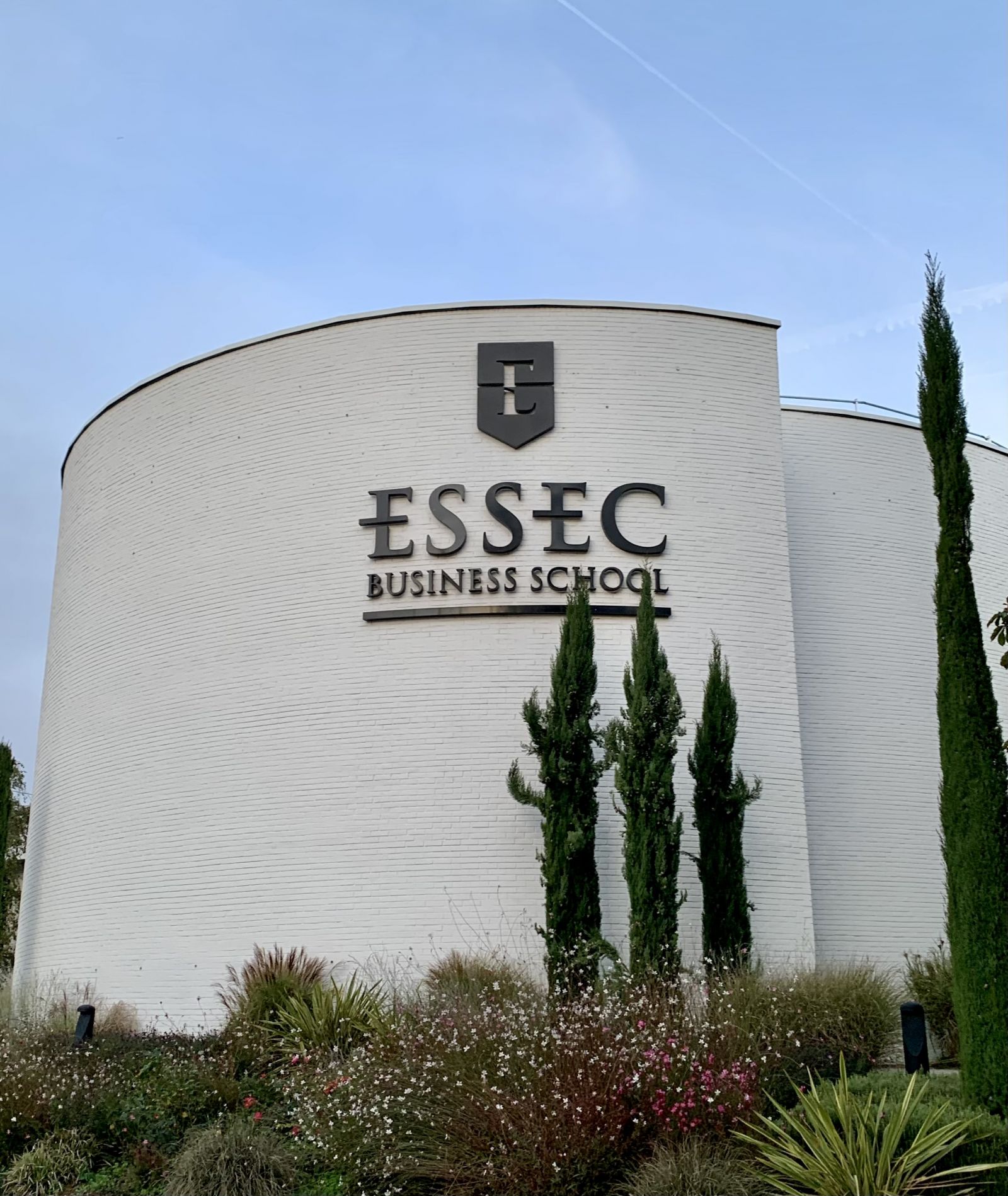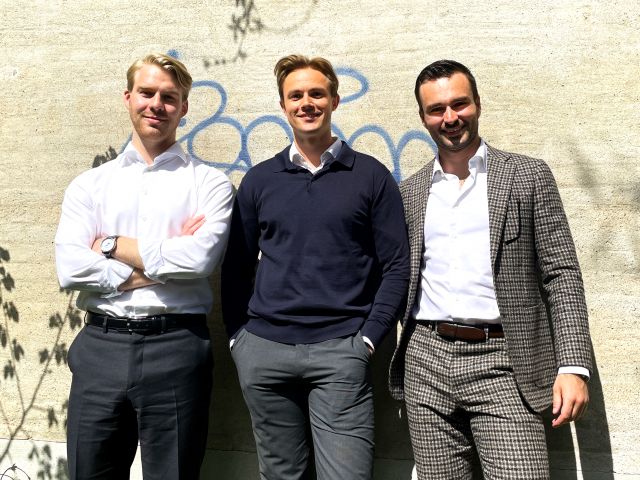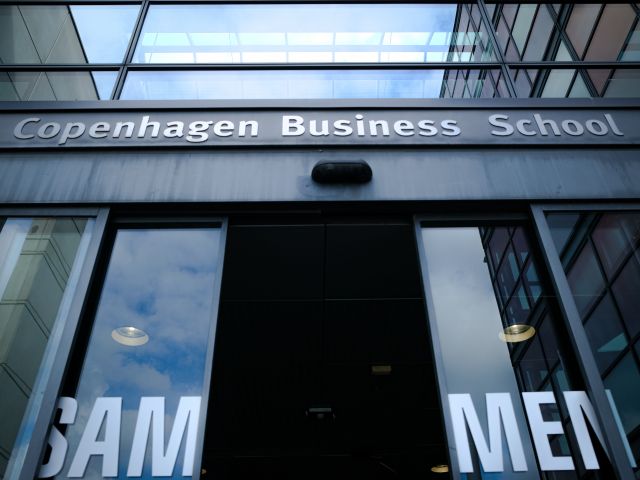European Management Track (EMT): If you are thinking of going on exchange in the EU, look no further

Photo: Shutterstock
This semester, I decided to go on exchange – but not on regular exchange. I am part of the European Management Track (EMT) that CBS offers.
Specifically, I am in the cohort that chose to go on exchange to ESSEC business school, near Paris.
Let me share my experience so far, and why I think EMT is a great option for going on exchange in a European country.
First and foremost, (and aside from having a delightful excuse to travel to Belgium and snack on waffles) there is the three-day introduction to the programme, where I partook in an EU negotiation seminar hosted in Brussels.
Besides presentations, we joined workshops where the other students and I got to experience a (simplified) simulation of sorts that revealed how negotiations at such a scale and depth take place.
nother benefit of EMT is that specialised courses are chosen for you, in addition to your electives at the host university.
Since I chose ESSEC, the three mandatory courses that are part of the EMT are SimTrade, Corporate Financial Management, and Mergers and Acquisitions.
These, evidently, focus on finance, and if you are studying a more qualitative- focused programme at CBS, you can choose to supplement these with electives that are less quantitative.
I chose ESSEC from the EMT programme specifically, since I really enjoyed the balance of quantitative and qualitative courses when I did my BA in Business, Language, and Culture – as I do not have this combination in my master’s.
Not only are you introduced to passionate and bright students from three other leading European businesses schools, but you get to meet experts and hear about their experiences in the fields of negotiation in an EU context
The third benefit of EMT is that, as a student, you get to be continually engaged in the programme.
This way, it also feels like the seminar and get-together in Brussels have a coherence when we participate in activities that are scheduled throughout the semester.
For example, we had an online seminar also embedded in the EU context, about the current crises the EU and we as citizens are facing. There will also be a wrap-up conference hosted in Mannheim that students can choose to attend physically or online.
I saved the best benefit for last. The greatest benefit of EMT, by far, is the networking aspect.
Not only are you introduced to passionate and bright students from three other leading European businesses schools, but you get to meet experts and hear about their experiences in the fields of negotiation in an EU context.
There is another networking aspect that I am personally most fond of (and at this point thankful for).
In Brussels, you get to meet all the students that are in the EMT programme, which includes the group of people that will attend the same host university.
This means that you get to know them before you “officially” go on exchange, which certainly makes the sometimes messy and confusing start of exchange less stressful (e.g., getting used to living in a new country).
My first-hand experience proves that this creates a closely-knit group, not only socially, but also one that helps each other out academically; I am happy I now know the many people in the ESSEC cohort.

To conclude, I recommend EMT to anyone who is interested in the EU and keen on getting as much as possible out of their exchange experience, both academically and socially.







































































































































Comments